
Loading...
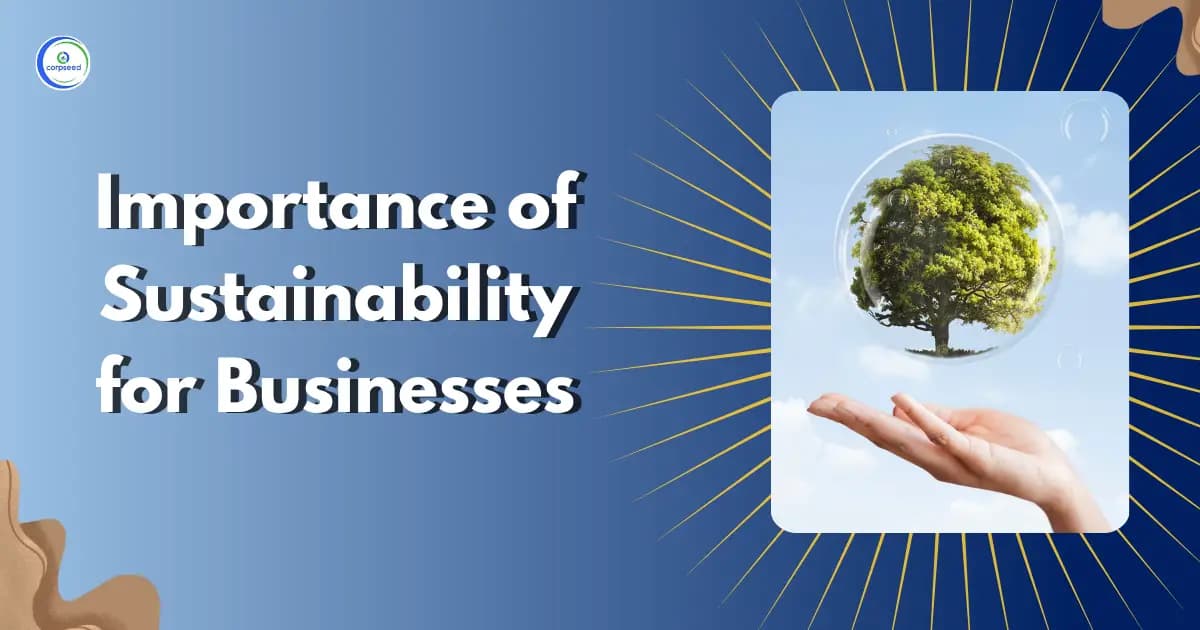
Importance of Sustainability is the ability to maintain or even enhance the quality and availability of natural resources, social frameworks, and economic systems for the future.
About the Author

Mahek Sancheti, BAJMC graduate with a deep passion for writing. As a content writer, video content creator, creative content creator, and scriptwriter, I bring stories to life through words and visuals. I honed my skills by working with a prominent news agency, where I excelled in crafting compelling narratives and engaging content. Coming from a journalism and mass communication background I have skills to craft engaging narratives that captivate audiences. With a keen interest in writing and creativity, I aim to deliver impactful and meaningful content that resonates with diverse audiences.
Related articles
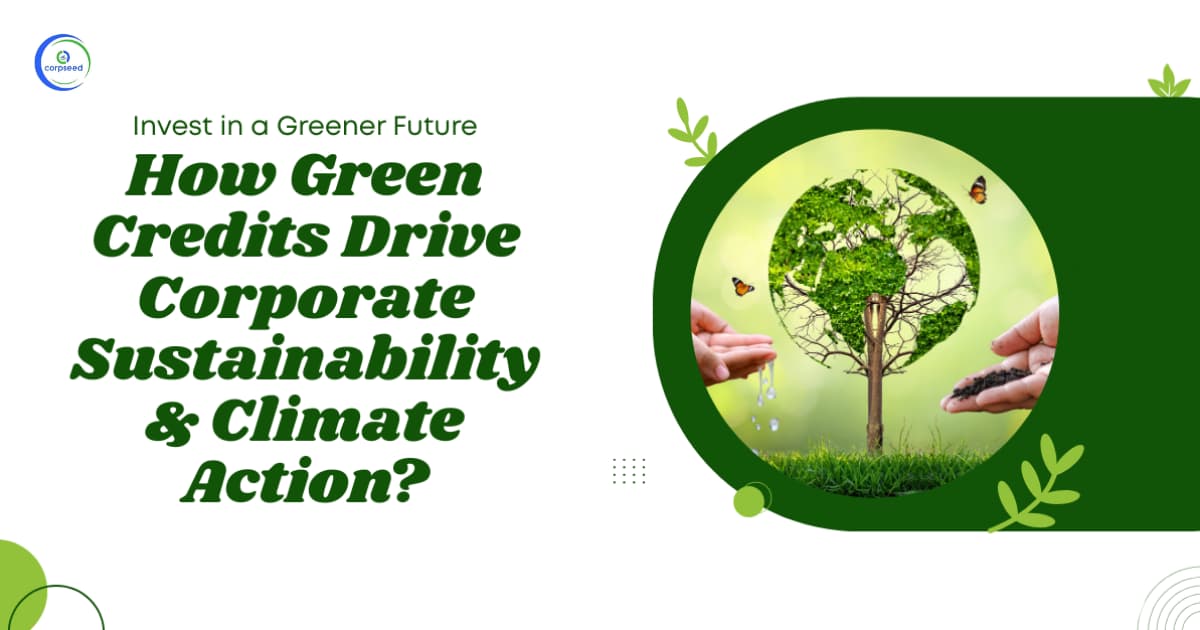
Invest in a Greener Future: How Green Credits Drive Corporate Sustainability & Climate Action?
2025-12-22
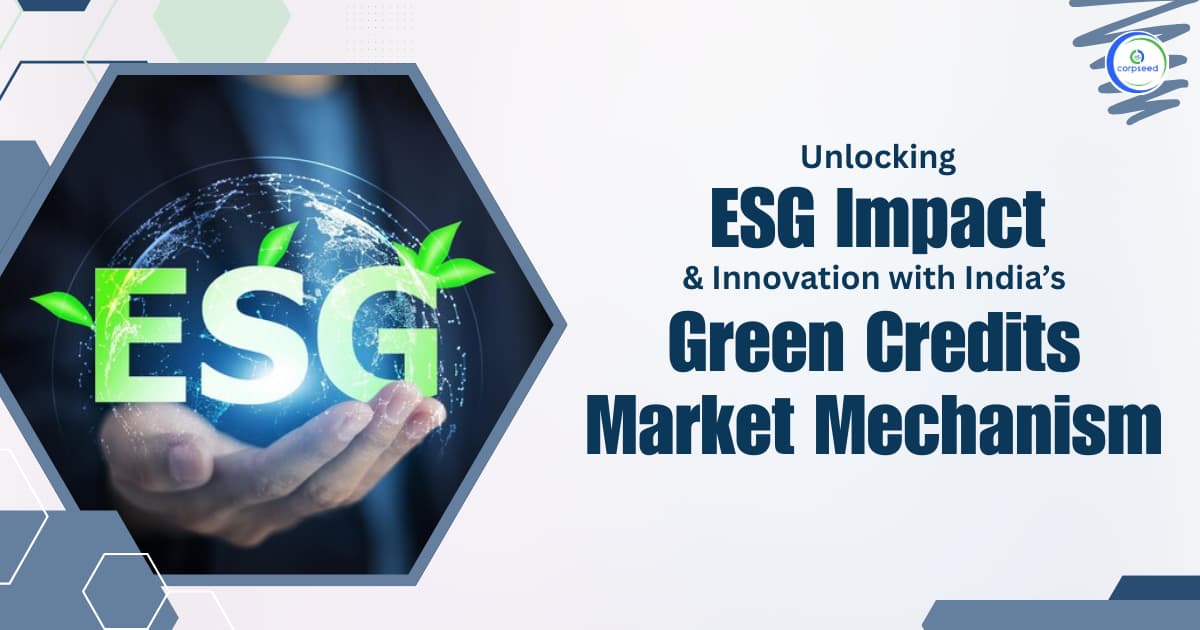
Unlocking ESG Impact & Innovation with India’s Green Credits Market Mechanism
2025-12-16
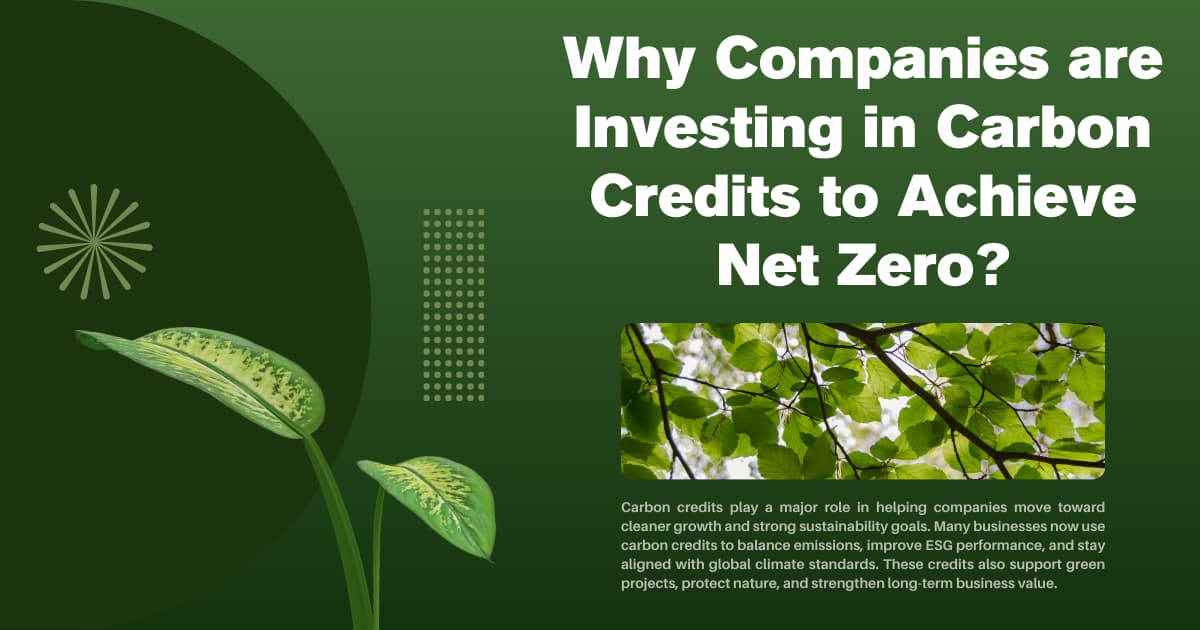
Why Companies are Investing in Carbon Credits to Achieve Net Zero?
2025-12-12
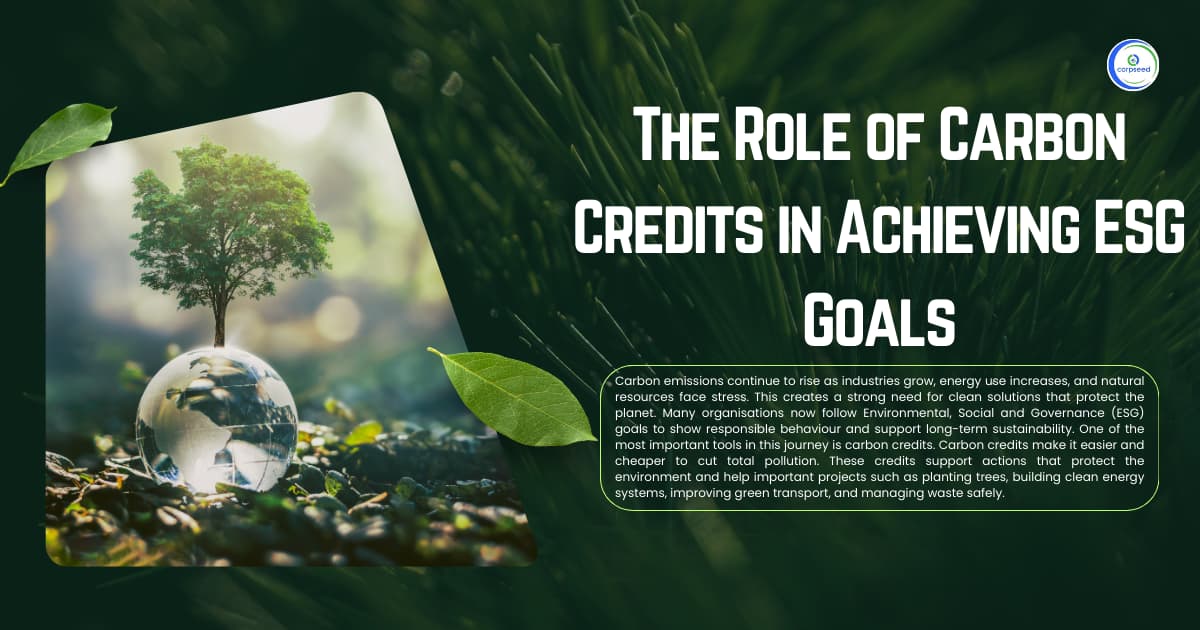
The Role of Carbon Credits in Achieving ESG Goals
2025-12-11
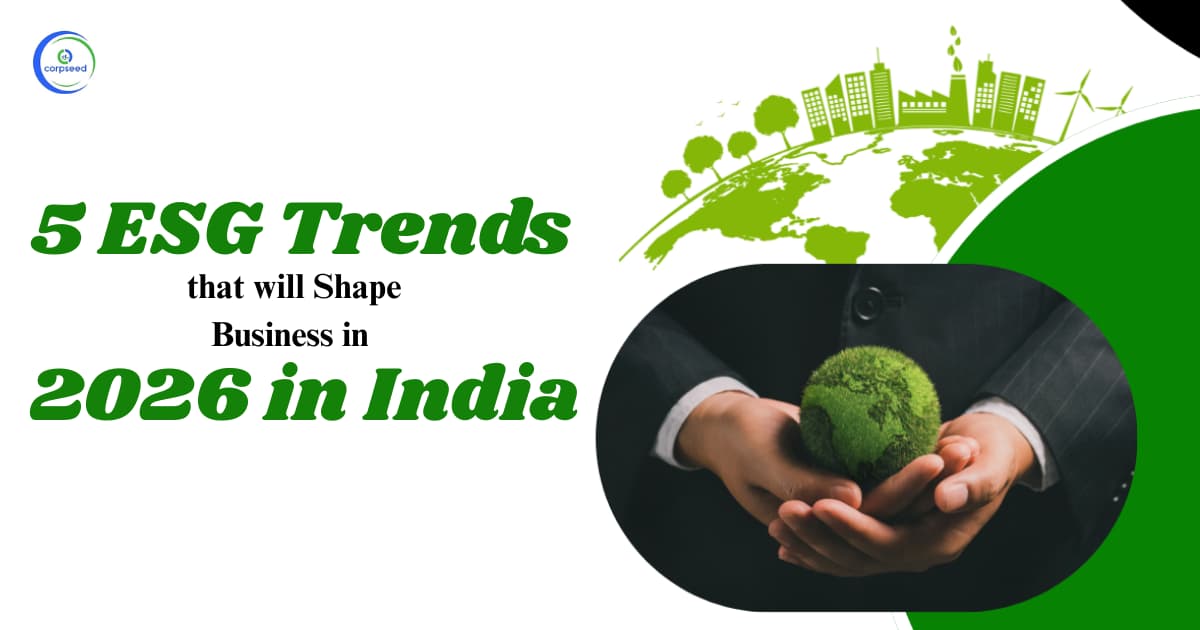
5 ESG Trends that will Shape Business in 2026 in India
2025-12-10
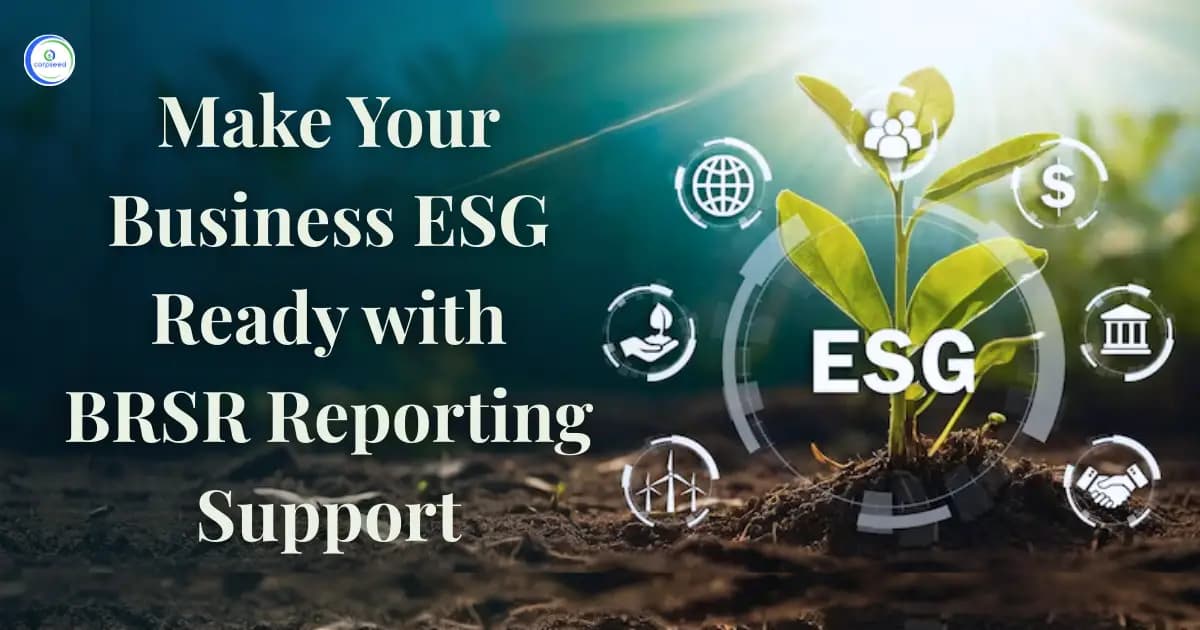
Make Your Business ESG Ready with BRSR Reporting Support
2025-12-02
Delhi Legal Metrology (Enforcement) Amendment Rules, 2026
2026-02-24 • 0 views
2023-02-27
2026-02-25